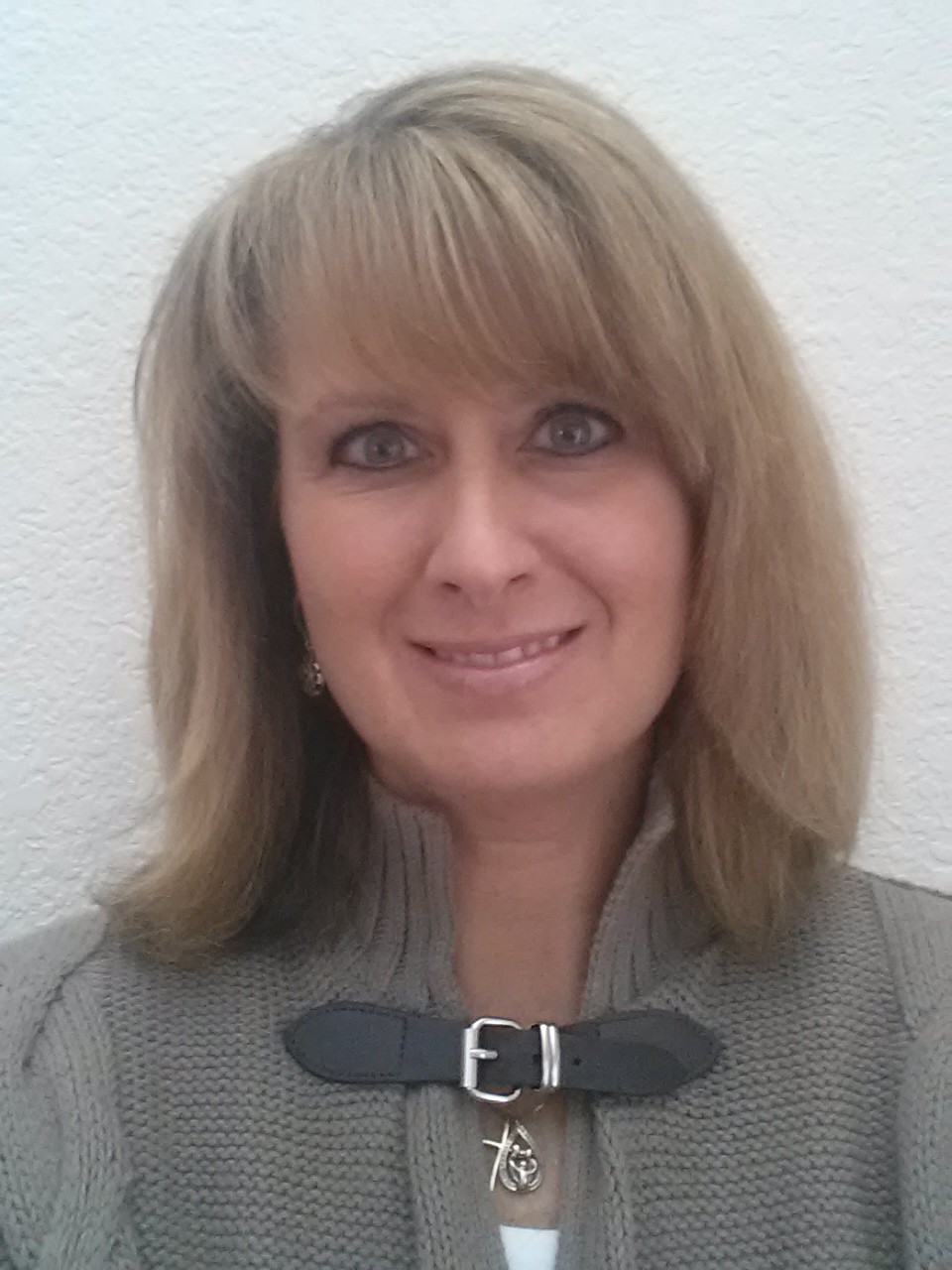Heidi Russo is on a mission — a mission to change the way we view birthmothers and elevate them from a place of shame to one of honor.
A year ago you probably hadn’t heard of Heidi. But by the time the Super Bowl rolled around in February, she became America’s most famous — or, depending on your perspective, infamous — birthmother.
Heidi is the mother of Colin Kaepernick, the San Francisco 49ers’ star quarterback. Twenty-six years years ago, when she was 19, she placed him for adoption.
According to news reports that appeared in the run-up to the big game, Heidi had tried to contact Colin, but he refused to meet her. Doing so he felt, according to one of his friends, would be “treasonous” to his adoptive parents.
And so faster than you can say “Fourth and Goal,” Heidi found herself caught up in the media equivalent of a quarterback blitz, with writers rushing in from every direction.
Some accused her of trying to cash in on her son’s fame and fortune. Others took issue with Colin, saying meeting your birthmother was “healthy” and “healing,” which generated yet even more comments and controversy.
I remember how moved I was when I first watched Heidi’s interview. And how baffled I was after the media got hold of her story, turning it into a spectacle that pitted birthmothers against adoptees and adoptive parents.
For me, it highlighted the complicated relationship that we still have with birthmothers. And it raised questions such as:
- Why are we so afraid of birthmothers?
- Why do we demonize them?
- What does an adoptee owe his birthmother?
- Is an adoptee’s meeting with his birthmother an act of betrayal against his adoptive parents?
- How does a birthmother assert her identify and take pride in her story and her child without being accused of trying to push aside his adoptive parents?
Recently I had a chance to pose some of these questions to Heidi, a nurse and hospital supervisor living in Denver with her nine-year-old son. Here’s what she had to say about them and about how she’s trying to change the perception of birthmothers and open adoption through her work with her blog, Love of a Birthmom, and a new group called Three Strands.
1. Tell me a little bit about your life at the time and the circumstances that led you to place Colin for adoption…
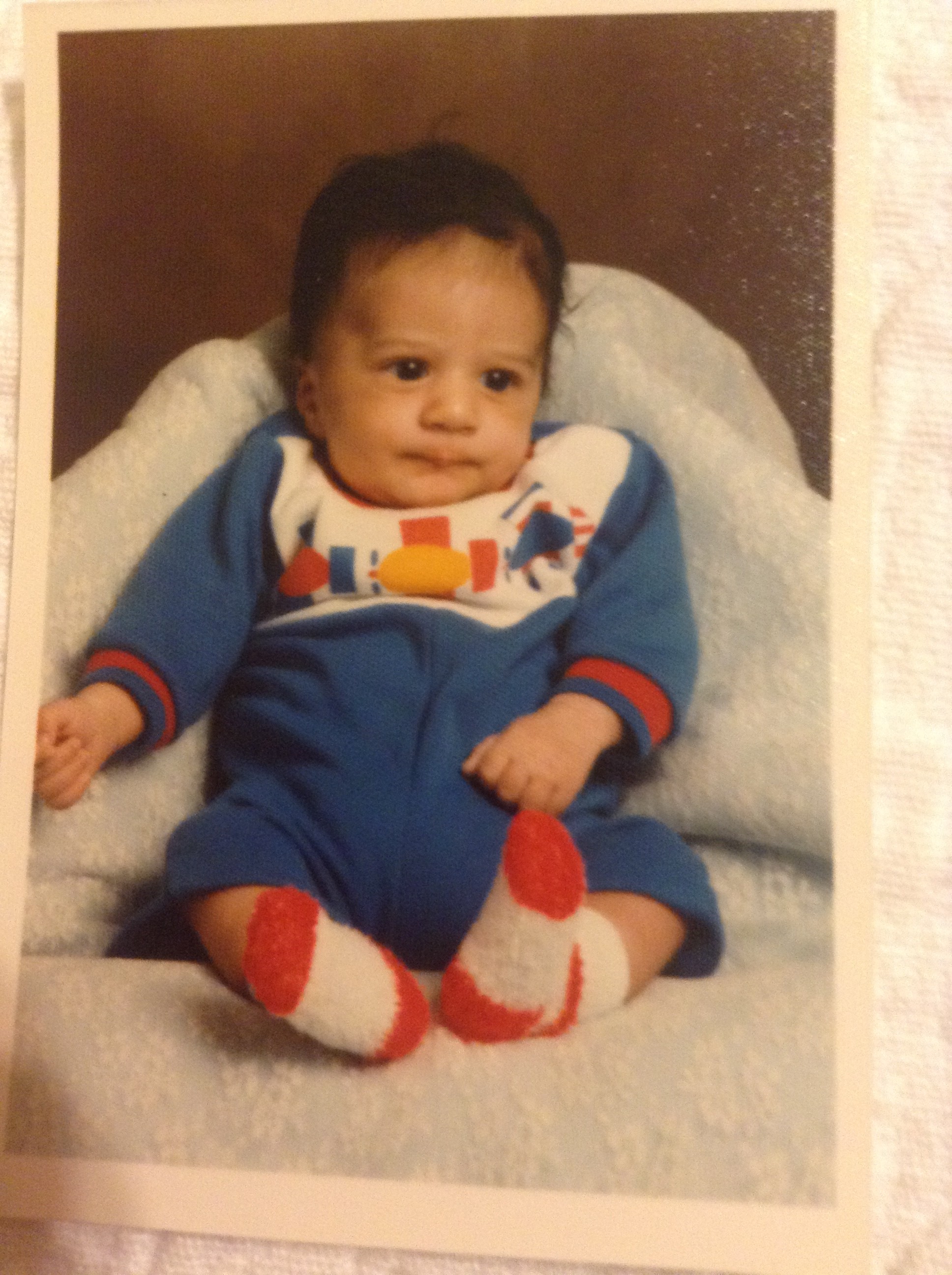 I was 18 years old when I found out I was pregnant. I had been dating a man who was 10 years older than me for several months who had proposed marriage, although hadn’t given me a ring yet. I thought I was in love with him. He was the second serious boyfriend I had, my first being in high school. I was working a full time job at a distribution center, a part-time job hostessing at a restaurant and training in a gym.
I was 18 years old when I found out I was pregnant. I had been dating a man who was 10 years older than me for several months who had proposed marriage, although hadn’t given me a ring yet. I thought I was in love with him. He was the second serious boyfriend I had, my first being in high school. I was working a full time job at a distribution center, a part-time job hostessing at a restaurant and training in a gym.
I was living on my own in a small, one-bedroom apartment. When I told the father of my son I was pregnant, he said he wanted nothing to do with it. That he was trying to get custody of his daughter who was just born in January, and couldn’t deal with this situation. My mother was not supportive; I was an embarrassment to her family.
My father tried to be as supportive as he could, but told me he would not raise my child. I was on my own and wanted more than anything to keep my son and raise him, but how? I couldn’t afford child care, my family wasn’t supportive of me being pregnant much less keeping my son, I was barely supporting myself and the man I thought loved me wanted nothing to do with me or our child.
I was alone, broken, sad and realized as much as I wanted to keep my son, it wasn’t his job to fix me. He deserved better. He deserved a family, a mom and dad, who could give him the life he deserved.
2. You said that placing him for adoption was like having “your heart ripped out.” What was the hardest part about it?
Placing my son for adoption is the hardest thing I’ve ever done in my life. Deciding to place your child in another woman’s arms just isn’t the “natural” thing to do after carrying your child and loving him for nine months.
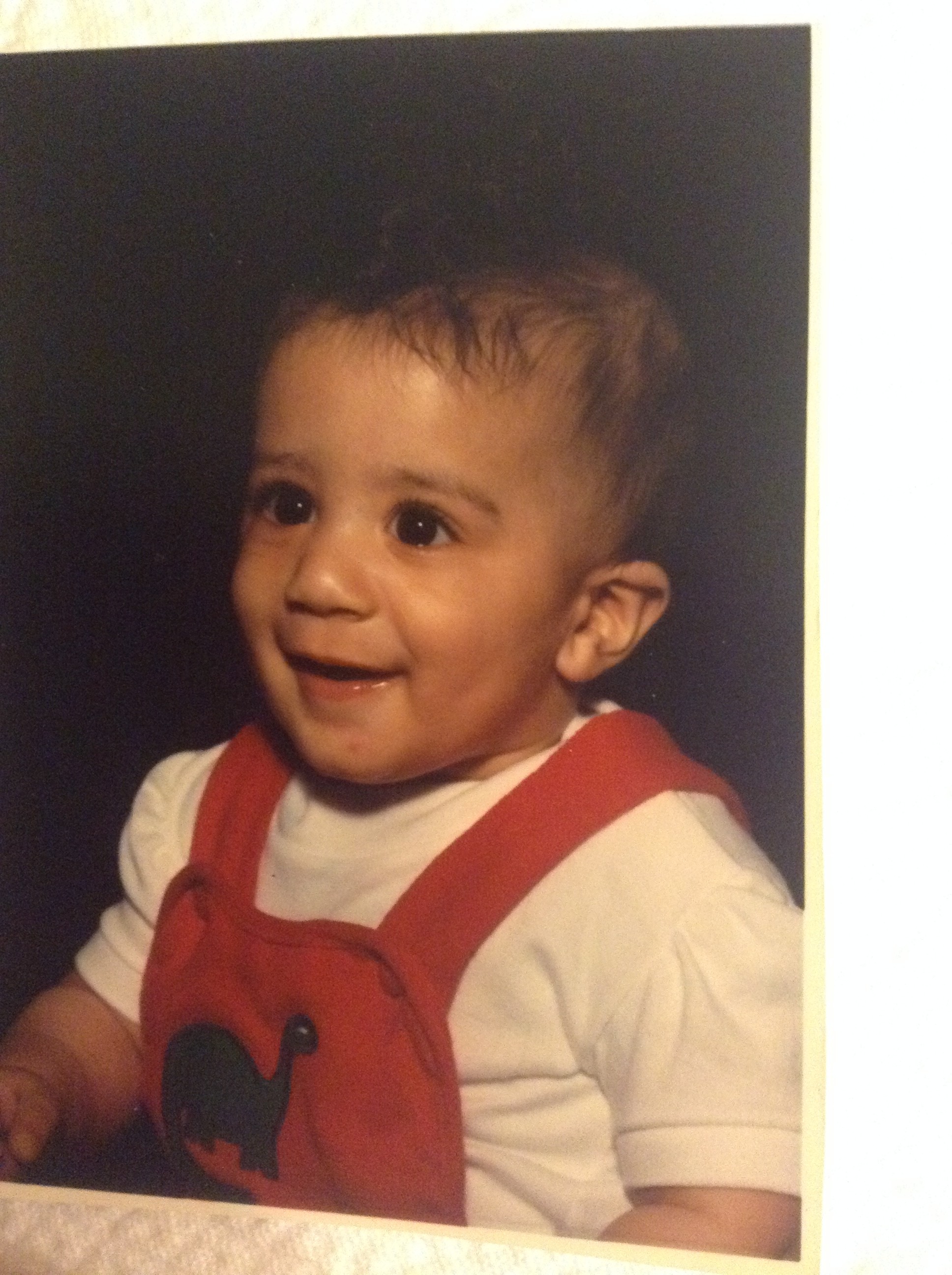 It goes against every maternal instinct you have as a mother, except the desire to want the very best for your child even if that means it’s not you. I decided to keep Colin with me during the five week waiting period for the court date instead of placing him in foster care. My social worker strongly advised against it stating it would make the situation that much harder, but there was no changing my mind.
It goes against every maternal instinct you have as a mother, except the desire to want the very best for your child even if that means it’s not you. I decided to keep Colin with me during the five week waiting period for the court date instead of placing him in foster care. My social worker strongly advised against it stating it would make the situation that much harder, but there was no changing my mind.
And although she was right, I wouldn’t change those five weeks I had with Colin for the world. I had time to bond with him, love him, and feel connected to him. I still feel a deep connection with him even though he doesn’t even know me. I loved him more than I loved myself and would do anything for him. Having Colin leave my arms was exactly like having my heart ripped out.
Knowing I couldn’t hug him, kiss him, smell him, hold him, see him or tell him how very much I love him, a part of my heart left with him that day. I think placing your child for adoption is very similar to the loss of a child. The feelings of loss and the grieving process are the same. I haven’t known a greater pain in my life. Even though I knew deep in my heart my decision was what was best for Colin, my heart was broken.
3. Is it true that one of the couples you initially looked at wanted to put Colin in theatre — how do you think he would have made out?!
Yes, this is true. I’ll never forget it. I think it was the second or third couple I had met with in my search for the “perfect” family for Colin. They were a very kind, loving couple but when they began telling me all their hopes and dreams for the child that would become a part of their family, my heart just sank.
They explained how they would put him in the theatre and he’d learn how to play the piano. My instincts knew that wasn’t the right fit for Colin. I knew the athletic potential Colin would have for no other reason than the genetic make up of his birth father and myself. I was born in Green Bay, Wisconsin and raised in an athletic family with a love of football.
I went to Packer games with my grandfather, who also played football. My uncles and my father played football. Every Sunday my family got together and watched the Packer games during football season. I played sports, volleyball, basketball, and track. Colin’s birth father played semi-pro football (at least from what I knew). I wanted Colin to be raised in a family similar to mine with a love of athletics and football.
4. After the placement, you received updates from the Kaepernicks. But as anxious as you were to receive those updates, you said that they prevented you from moving forward with your life. How so?
Since my interview with ESPN last February, a lot has come to light. Colin’s mom, Teresa, and I had a long conversation, part of it being the letters she sent to me.
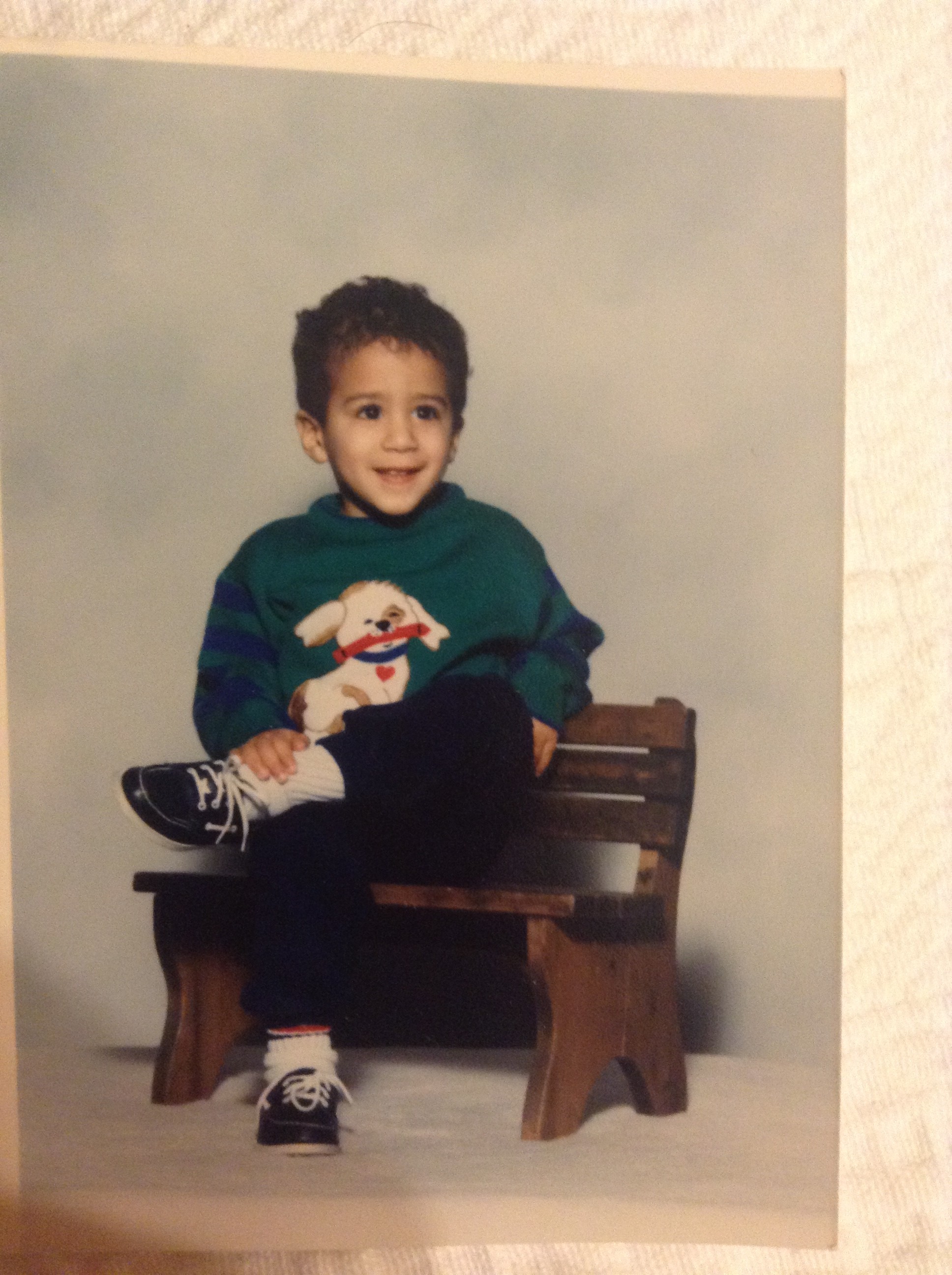 Through that conversation I learned that what I had led myself to believe all these years wasn’t true. I stopped receiving updates about Colin when he was six. In the pain of no longer receiving these updates, I guess I “made up” or chose to believe I had asked Teresa not to send them anymore.
Through that conversation I learned that what I had led myself to believe all these years wasn’t true. I stopped receiving updates about Colin when he was six. In the pain of no longer receiving these updates, I guess I “made up” or chose to believe I had asked Teresa not to send them anymore.
I guess it was easier to blame myself than to think that Teresa would just stop sending me updates, which wasn’t true either. We’re not quite sure where the mix up happened, but Teresa continued to send me updates on Colin until after he was 11 years old…and all the letters were returned to her unopened.
I never received any of them, nor did I request her to stop sending them. If I had, she wouldn’t have continued writing. Yes, I counted the days until the next letter was expected to arrive and read, reread, and read again the letters she sent. I would stare at the pictures of Colin looking into his eyes as if they’d “tell” me he was happy.
He always looked so happy, which made me happy and yet sad that I wasn’t the one who could’ve given him the best life. I slowly moved forward with my life but I always thought of Colin, everyday, if even for a moment, I’ve always thought of him.
5. “Many times,” you said, you even thought about getting Colin back from the Kaepernicks. What stopped you from carrying out your plan?
I think during my darkest, saddest, loneliest moments, the thought of wanting my child back was a very normal, natural thought. I never had a “plan”, it was just a thought, and I knew Colin was with a family who could give him everything I wanted him to have in life but couldn’t give him at the time.
6. For years, you kept your story to yourself. Was that a personal choice or was there another reason?
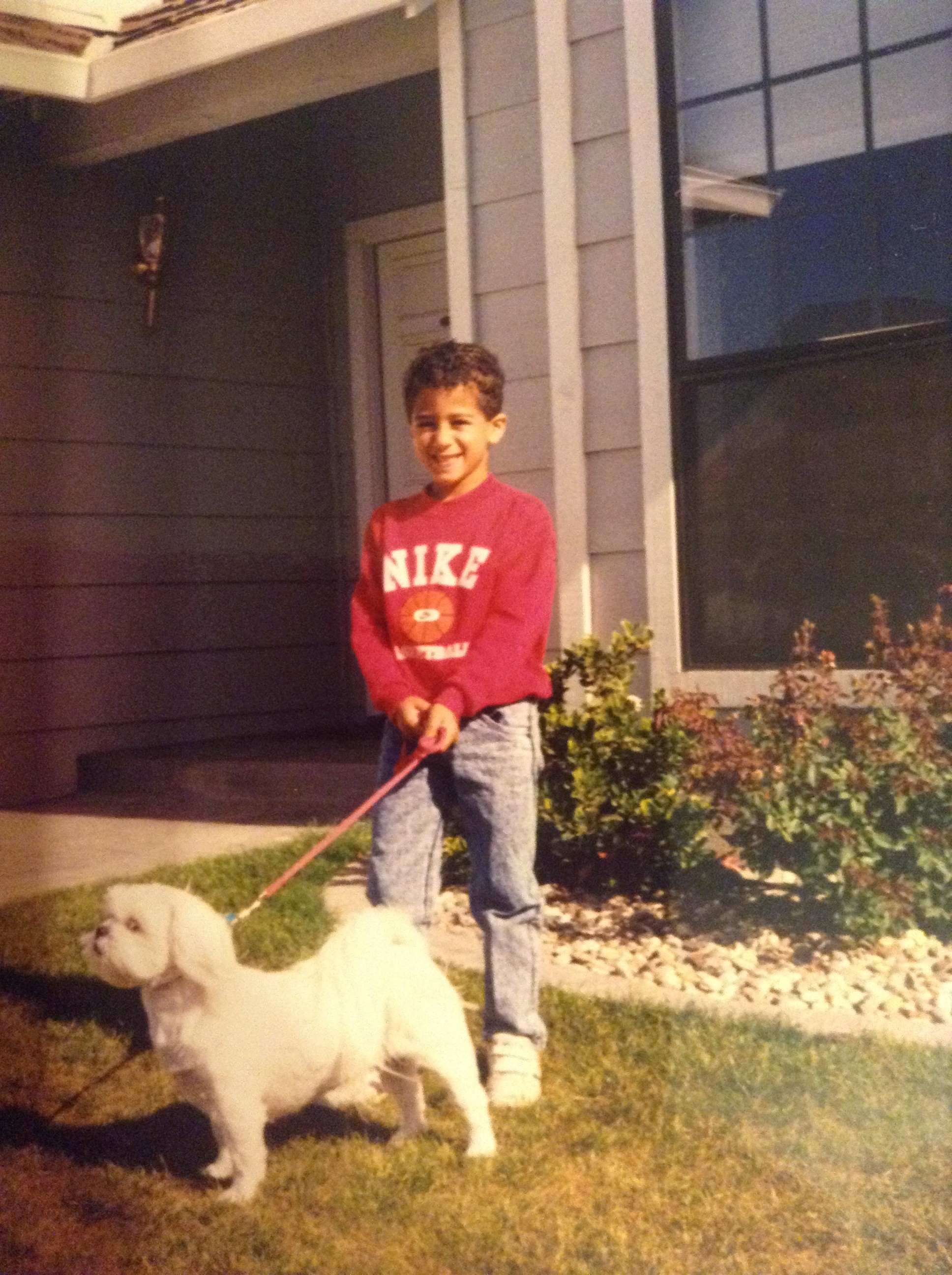 I never denied Colin as my child, ever. When people would ask me if I had any children, I’d always say, yes. I’d say I had a son I gave up for adoption when I was 19. I’ve learned not to say “gave up” any more because I didn’t “give him up” at all.
I never denied Colin as my child, ever. When people would ask me if I had any children, I’d always say, yes. I’d say I had a son I gave up for adoption when I was 19. I’ve learned not to say “gave up” any more because I didn’t “give him up” at all.
I placed him right where he needed to be, with a mom and dad who love him with all their heart and a beautiful family. I think a lot of keeping my story to myself was feeling like I didn’t have much to offer. My family hasn’t ever brought up or wanted to discuss how I felt or his adoption with the exception of my dad. It’s not easy for him to talk about without getting emotional as well.
7. So what made you decide to go public with it just before the Super Bowl?
The interview I did with Jason Cole from Yahoo sports was in late November/early December, I believe. I had started writing a book about my journey through adoption a couple years before that, if for no other reason than I felt it might be a healing experience for me.
When Jason called, well, after he had called several times, I decided to return the call to open up the door for birth mothers hoping to give us a voice. It is so rare, in fact very few stories or books are out there by birth moms, that you hear the journey of the birth mom through adoption.
And my thought was, why? Why aren’t birth moms supposed to talk or be heard? After all, it takes all of us, birthmom, child, and adoptive parents to complete an adoption, but birthmoms have been shamed into silence for decades. To me, that just isn’t right. I wanted to share my story hoping to support and help other young birth mothers and hopefully help change the stereotypes and stigmas associated with birth mothers.
Birth mothers are not all whores, promiscuous, drug addicts who don’t care about their children. This perception couldn’t be further from the truth. I am the face of a birth mother.
8. Did you have any idea how much anger your comments would generate?
No, I wasn’t prepared for the many hateful, racial, misinformed comments I received. I had no idea the world still viewed birthmoms and adoption in such a horrible way. So many comments stated I was “a whore”, “threw by child away”, “abandoned my child”, that “Colin is not your son”, and let’s not even get started on the racial comments. And those are only a few of the comments made.
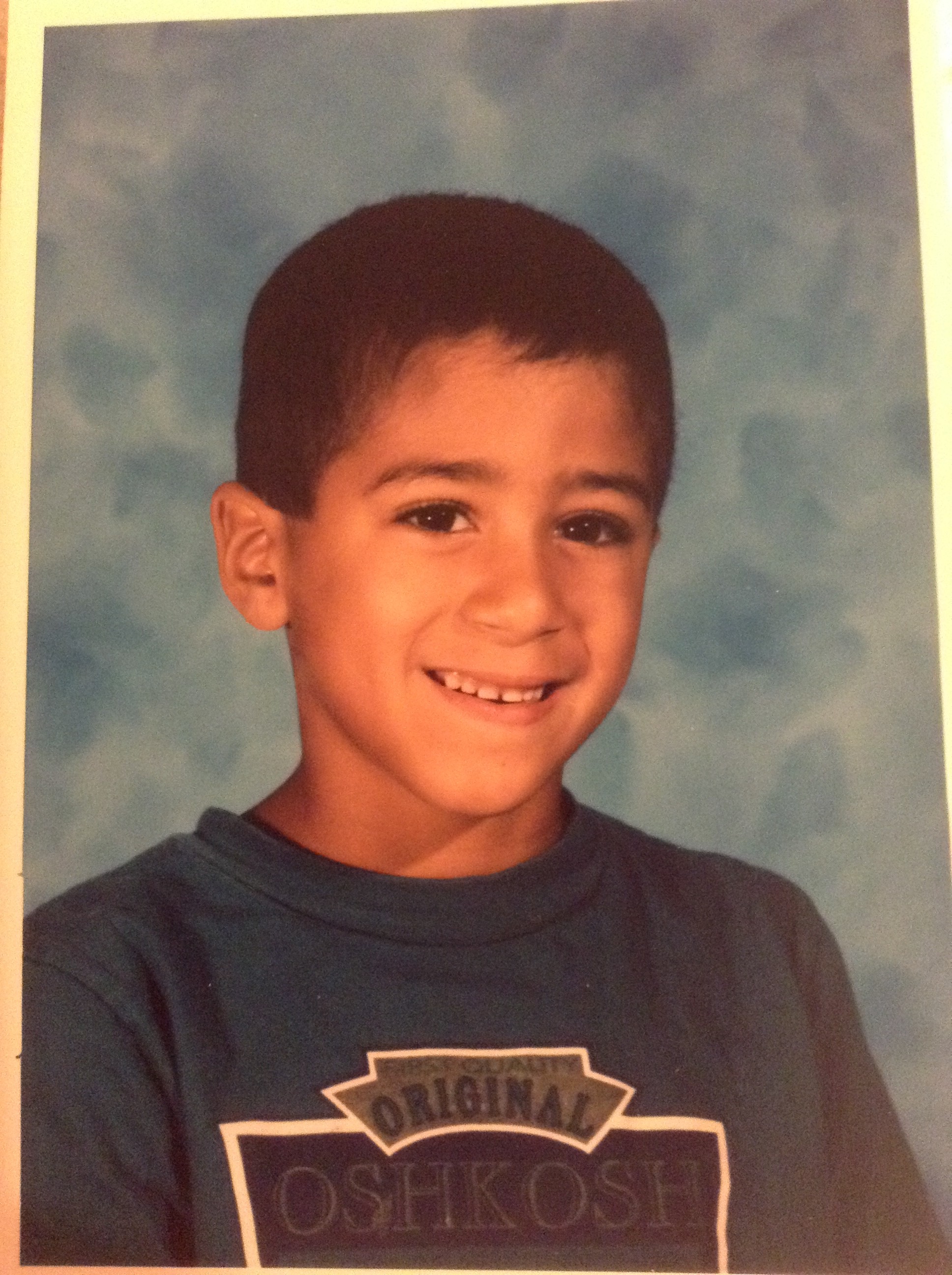 The majority of them I can’t repeat here, nor would I give them the privilege of having them printed again. The comments were so hurtful. I cried and didn’t get out of bed for a couple days to be honest. But I’m fortunate to have an amazing man in my life who has supported this journey from the beginning and reminded me that those hateful comments don’t define me or my story.
The majority of them I can’t repeat here, nor would I give them the privilege of having them printed again. The comments were so hurtful. I cried and didn’t get out of bed for a couple days to be honest. But I’m fortunate to have an amazing man in my life who has supported this journey from the beginning and reminded me that those hateful comments don’t define me or my story.
Those hateful comments define the people saying them. I know what happened, I know who I am, I know the amazing gift I gave my son, and I know the pain, grief, joy and beauty of adoption. I found the inner strength again by the grace of God, the same strength that helped my through placing Colin 26 years ago, to get out of bed and do something about the stereotypes and stigmas this world has about birthmoms and adoption.
So I want to thank all of those people who had so many hateful things to say to me and about me; you’ve fueled a fire and have given me more motivation than ever to see this journey through to change the view of birthmoms and adoption.
All birthmothers are not drug addicts, whores, promiscuous women who don’t love their children. Adoption is a beautiful blessing and gift that takes the strength, desire and unconditional love of a family wanting a child, and the courage, strength, and selflessness of a birthmom to place her child’s best interests above her own wants and needs. Adoption is a blessing of unconditional love.
9. What surprised you most about the reaction?
I think what surprised me the most was the intense hate behind the comments. There were a couple people who were relentless in repeatedly posting derogatory, racial comments determined, it seemed, to break me and shame me into silence. When I would block or delete them, the same people would then create new accounts to continue their rant. It was truly unbelievable.
10. Colin said he was unhappy with the way you handled events, that it was “disrespectful to my parents, to my family.” Do you understand where he was coming from?
I can’t speak for Colin. Colin is his own person, has his own thoughts and opinions. I don’t believe I’ve ever said anything but positive, wonderful things about Rick and Teresa Kaepernick simply because it’s how I truly feel. They have been nothing but kind and wonderful to me and I’m so grateful they came into my life.
Teresa and I did talk about this interview Colin did with Time and that she wasn’t upset or angry with me. I think the media has a way, at times, of creating what would appear to be conflict in a situation when truly there isn’t one, just to sell the story.
I also feel it’s a time of great change in the adoption world especially where birth mothers are concerned. We are working hard to raise birthmoms from a place of shame to a place of honor. Some are even referring to birthmoms as “Heroes.” It’s a different time and change needs to happen.
11. If you had a chance to do it all again, what, if anything, would you change about those interviews or their timing?
I think learning how the media works and their goals and motives is an art that just takes some experience to figure out. And I think having our adoption story play out in the media has been difficult as well, and yet a blessing.
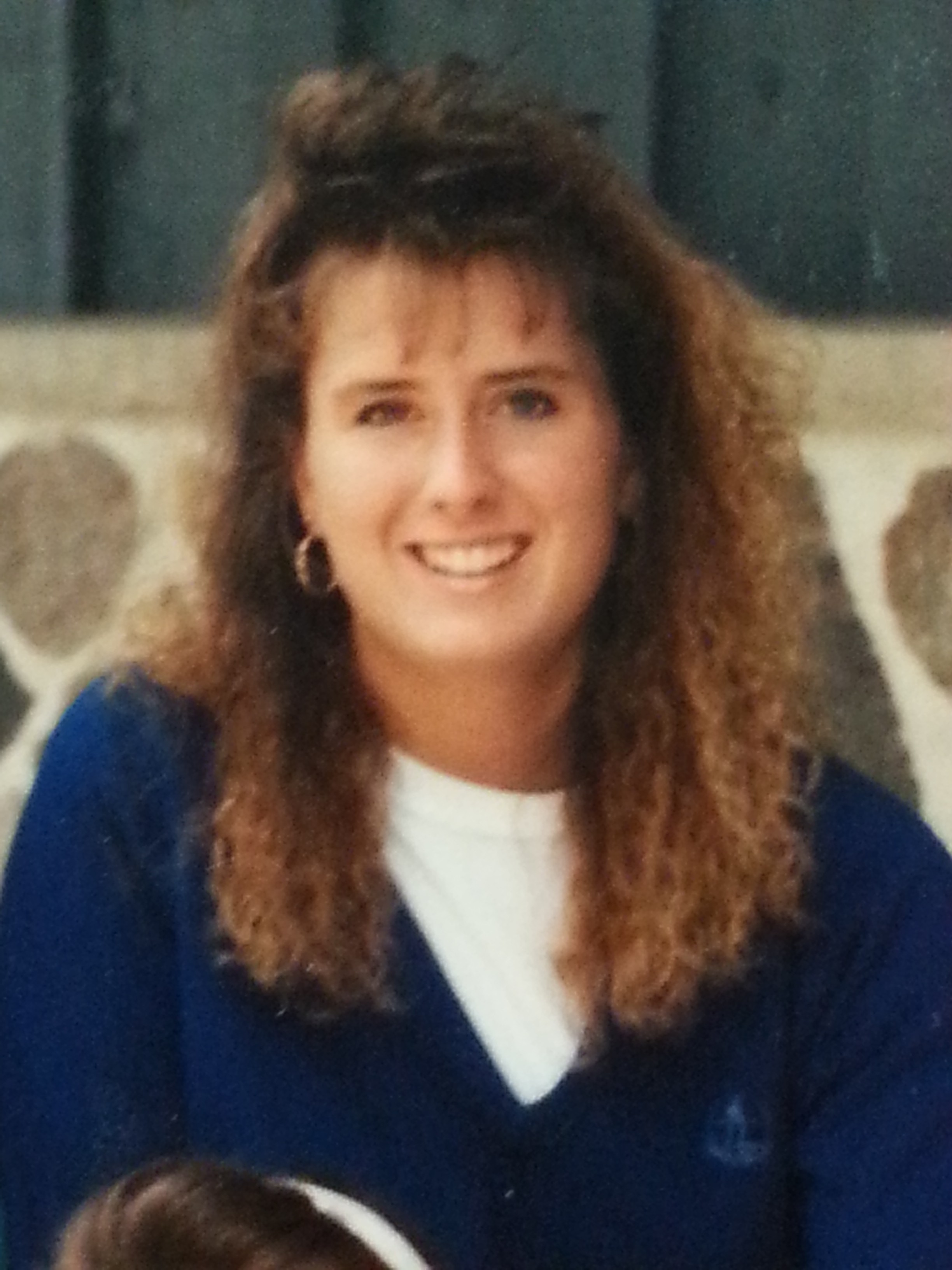 If I’m not mistaken, there was only one local television interview I did in January that wasn’t run the way I had asked it to be and I wasn’t happy with it. I wish I had known more about how to navigate those types of situations, but I learned from it. I had many, many calls to do interviews the week of the Super Bowl, I was even offered money to have an entertainment show film in my home the night of the Super Bowl.
If I’m not mistaken, there was only one local television interview I did in January that wasn’t run the way I had asked it to be and I wasn’t happy with it. I wish I had known more about how to navigate those types of situations, but I learned from it. I had many, many calls to do interviews the week of the Super Bowl, I was even offered money to have an entertainment show film in my home the night of the Super Bowl.
I turned all of them down. The interview with ESPN was done after the Super Bowl and at the end of February. I think I was open and honest in talking about my experience as a birthmom. Teresa and I have spoken about the interview and she has been kind and gracious in helping me recall some things I had forgotten, or not been able to remember during such a painful time in my life.
12. Over all, what hurt you the most about the way your story was handled in the media?
I think the most hurtful thing was the way the media spun my story, our story, into this big conflict between birthmom and adoptive parents. There has never been a conflict. In fact, Teresa and I were talking, emailing, or texting often.
It seemed the media created a scenario where it was birth mother versus adoptive parents to create a story that would sell or people would watch. All the stuff about me suddenly wanting to meet Colin or trying to contact him now that he was in the NFL, or that the Kaepernicks took me to the football game here in Denver to meet Colin but he didn’t show up. It all worked to sell the story, but was hurtful as well and it wasn’t the truth.
13. The attacks on you got very personal. What do you think was behind them?
I believe a lack of education and knowledge about adoption and birthmothers. There’s this perception that birth mothers are less than honorable women and that they should be shunned and shamed. And I think I felt that way myself for years.
Although I never denied Colin as my son and that I placed him for adoption, I never talked about the situation or my journey either, out of shame. I think that feeling comes from society in general and also from families.
14. What do you think it says about the way that society views birthmothers?
I think it says there needs to be much more education, support, and awareness about adoption and birthmothers. Birthmothers are making two choices, not just one. The first choice they are making is the choice of LIFE for their child. That choice should be honored, not shamed.
When the alternative is abortion, I think birthmothers should be praised and supported for being courageous in choosing life instead of making the easier choice in abortion. The second choice birthmothers make is placing their child for adoption.
This choice is far from easy but made out of great love and selflessness. It’s made by wanting the very best for your child, even when that means it’s not you as their mother. It’s the hardest decision I’ve ever had to make and the best decision I made for my son.
Hate and ignorance stem from fear. Fear of the unknown. Fear of what people/society might think. Fear of losing love or of sharing it. I believe it’s time we walk together through the fear and join arms with birthmothers, child and adoptive parents in the best interest of our children.
15. Your comments started a nation-wide discussion about what adoptees owe their birthparents — not in financial terms, but in terms of recognition and respect. What are your thoughts about that?
Well, I guess first of all I’m glad I started a nation-wide discussion! I think that’s just amazing! I don’t know that I feel adoptees “owe” their birthparents and I don’t really like that word. I don’t feel Colin “owes” me, or that the Kaepernicks “owe” me.
I think there’s a mutual respect from both sides, in our story. I honestly believe, and I know I’m going to take heat for this too but that’s okay, that if adoption was open on all levels, there wouldn’t be any of this discussion. In saying that, I realize no adoption story or journey is the same and there are some instances where it may not be in the best interest of the child for the birthmother or parents to be involved. There may be instances where birthmothers or parents don’t want to have contact and international adoption makes it challenging if not impossible at times.
But what if we opened our hearts and minds to what could be, in the best interest of our children, would this even be an issue we would talk about? There are so many adoptees who have contacted me with stories of hurt and pain because they wanted to know their birthmother or parents. Why? If we truly have the best interest of our children at heart, why have we kept this information from them? I believe it’s out of fear.
16. They also raised some hard questions such as how do birthmothers lay claim to their children and without looking like they’re trying to muscle out the adoptive parents. It’s a fine line. In your view, what’s the right way to handle that?
My view again is, if we walk through the fear that divides us and creates these unwritten “rules” and “boundaries”, these hard questions are void. I don’t feel I “lay claim” to my son; he is my son and always will be, regardless of what society thinks. And, the Kaepernicks are his parents without question.
But I think we’re in a new day and age where this tug-of-war, so to speak, just doesn’t have a place anymore. Like I’ve said, it took all of us, birthmother~child~adoptive parents to even make adoption possible. Why is it that society still feels the need to infuse conflict and territory into a situation that was created out of deep, unconditional love, courage and selflessness? Adoption is such a beautiful gift and blessing from God, why are we continually trying to make it ugly? I really don’t understand it.
17. When it comes to nature vs. nurture, do you think that one side is more important than the other in creating a person’s identity?
The age old question! I don’t know that I’m truly qualified to answer this question. I do believe both play a very important role in shaping a person’s identity. Colin clearly has the gifts that come from his genetic make up. I do see some of myself in his expressions and he appears to have my stubborn nature. At the same time, Colin has been a Kaepernick his whole life. Their family and the way they have raised Colin has the greatest impact on who Colin is today.
18. Tell me about Three Strands and the work you’re doing to change the way that society views open adoption and birthmothers?
I’m so proud and honored to be a part of this organization created to serve and love on birthmothers during their most painful time. Three Strands is a non-profit organization born out of Stacy Coleman’s personal experience with adoption and her passion to serve birthmothers by raising them up from a place of SHAME to a place of HONOR.
Three Strands Inc. is a Georgia non-profit dedicated to uplifting birth mothers by providing “swag bags” for each birth mother who contacts the organization post-delivery. The swag bag will include high -end items and important information on how these birth mothers can gain counseling and other assistance as they deal with the loss associated with placing a child up for adoption. The “swag bags” are personally delivered to the birthmother by another birthmother or adoptive mom.
Three Stands Inc. is about serving BirthMoms as they realize their value in the Three Strand cord (BirthMom ~ Child ~ Adoptive Mom). Three Strands Inc. provides valuable resources for BirthMoms including: a private online community of BirthMoms and adoptive moms to discuss feelings and issues; counseling services; and swag bags. For more information on Three Strands Inc. and how you can donate to this cause, please visit or email us.
19. When you look back years from now, what would you like to say about your adoption story and the work you’ve done to change the stereotypes and stigmas associated with birthmothers?
My adoption story was born out of the greatest love a mother can ever feel for her child. I loved my son more than anything in this world. I loved him more than I loved myself. I loved my son more than my need to feel loved. I loved my son so much, I decided to give him the BEST life that he deserved with the amazing family who could give it to him. I gave Colin the BEST mom and dad.
I felt 26 years ago, and still feel, that a child deserves the best life possible. Unfortunately, sometimes unintended pregnancies happen during a time in our lives when we, as mothers or parents, can’t give our child the BEST possible life. And thankfully, there are so many wonderful, loving parents and families in this world who can give our children what we can’t at those times.
I am the face of a birthmother. I am here for other birthmothers to support them, honor them, love them and give them a voice when they feel they don’t have one. I am not a whore. I am not promiscuous. I am not a drug addict. I am a mother who chose better for her son when she couldn’t give him the best and I’ve loved him from the day he was born. I stand tall, proud, and hold my head high knowing I made the best decision for my son. Most importantly, I chose life.
Editor’s Note: This interview was originally published on November 21, 2013.
Do you have an adoption story? Share it with our community. Email us any time or check out our Guidelines For Guest Posts.

